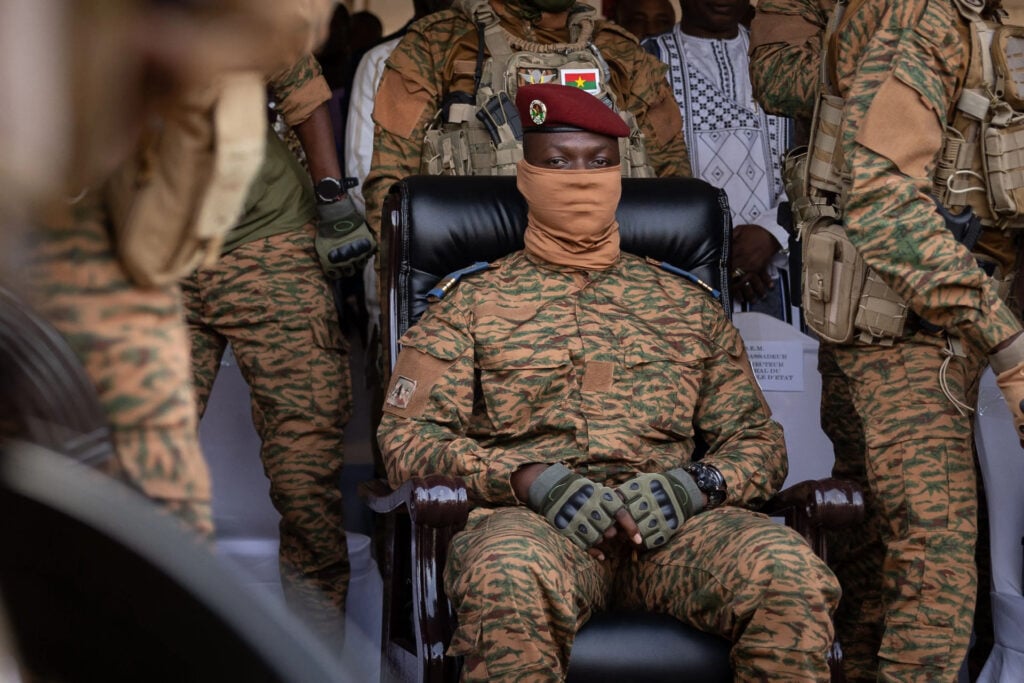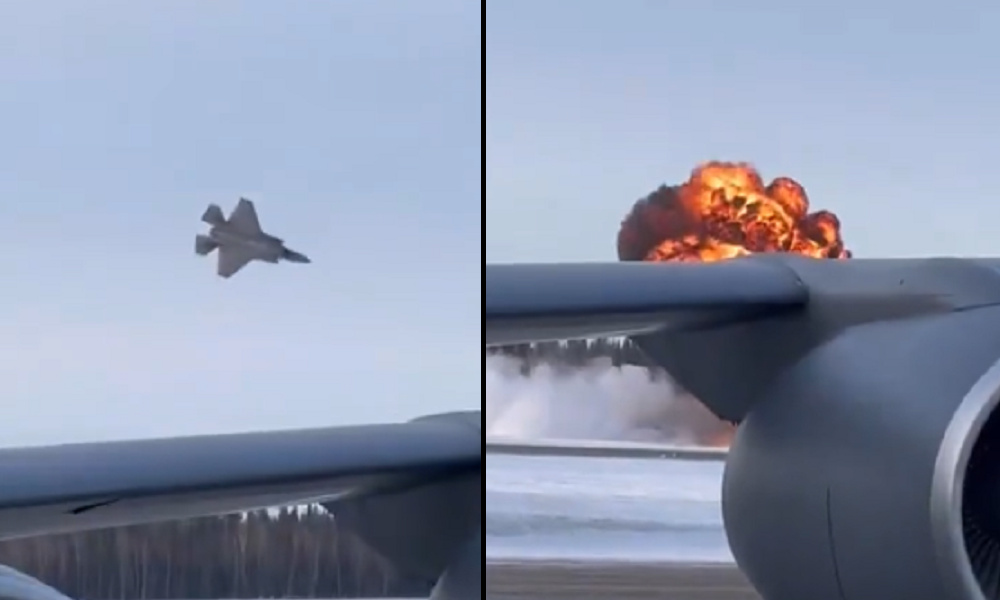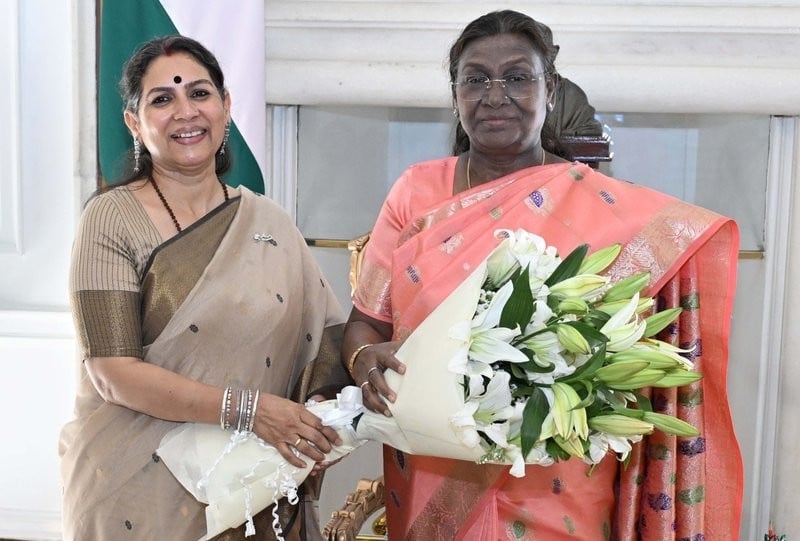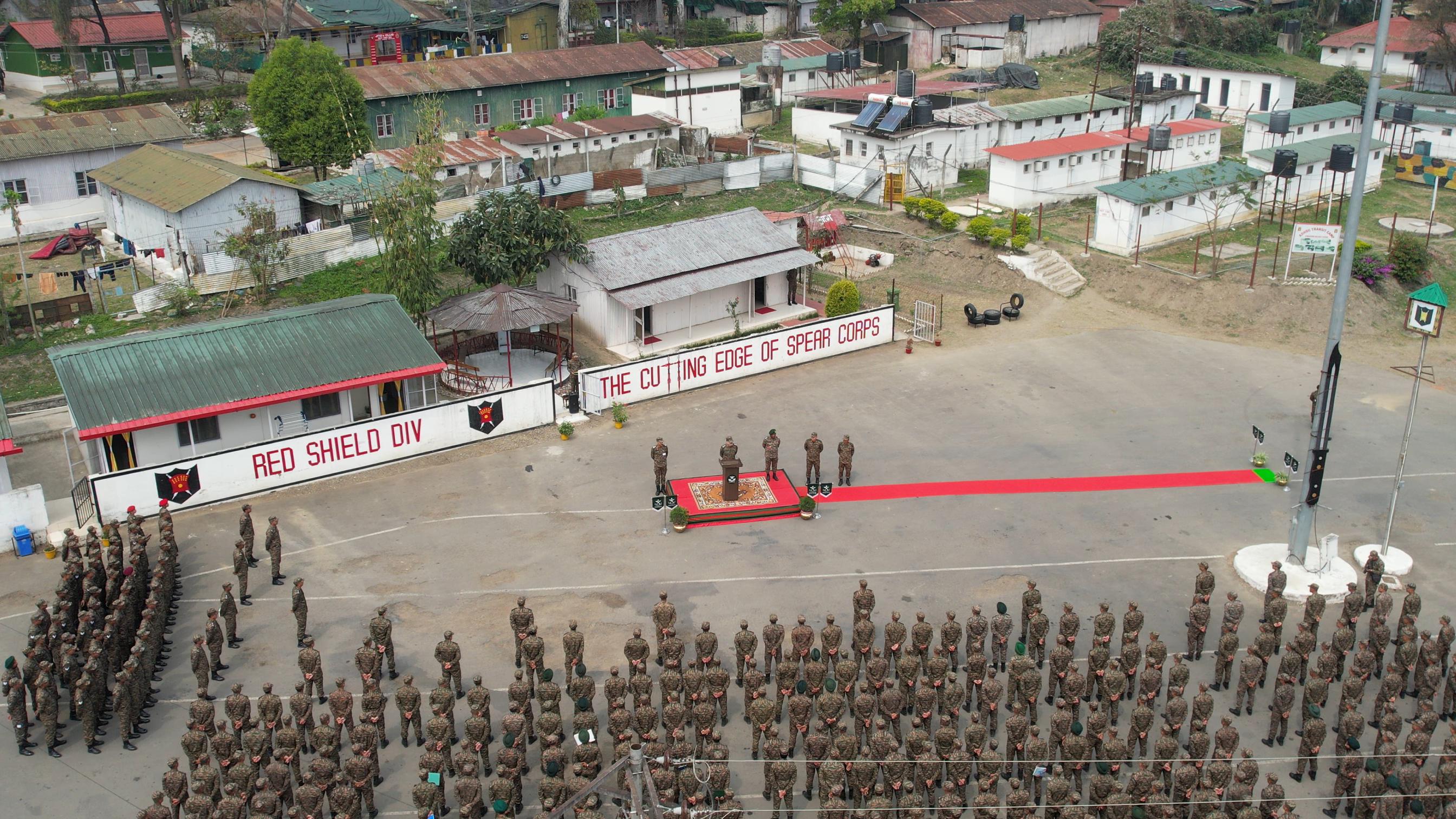Burkina Faso’s military regime on Friday officially removed Prime Minister Apollinaire Joachim Kyelem de Tambela and dissolved the existing government, as announced through a presidential decree. The abrupt dismissal marks a significant shift in the political landscape of the country, where Tambela had served as premier since October 2022, during a turbulent period characterized by successive governments and ongoing instability.
The decree stated that “the prime minister’s official functions are terminated” and indicated that the former members of the dissolved government would continue to handle affairs until a new government is constituted. Notably, the decree did not provide specific reasons for Tambela’s removal, leaving many to speculate about the motivations behind this political maneuver.
The political climate in Burkina Faso has been increasingly volatile since a coup in January 2022, when Lieutenant-Colonel Paul-Henri Sandaogo Damiba took control of the country. Just over eight months later, Damiba was unseated by Captain Ibrahim Traore, who is currently leading the junta. Following his ousting, Damiba has sought refuge in neighboring Togo, having previously deposed the democratically elected president, Roch Marc Christian Kabore.
Under Traore’s leadership, Burkina Faso has adopted a strong anti-Western stance, emphasizing a commitment to reclaiming national sovereignty. This shift is reflective of regional trends, as Burkina Faso has aligned itself with other Sahel nations, including Mali and Niger, which are also governed by military juntas following similar coup events since 2020.
The three countries formed the Alliance of Sahel States (AES) last September, marking a definitive break from France—a historical colonial power in the region. Since then, bilateral relations have soured significantly, with Burkina Faso’s Foreign Minister, Karamoko Jean-Marie Traore, recently stating that cooperation with Russia was “better suited” to the nation’s needs compared to its past ties with France.
In January, Burkina Faso, Mali, and Niger collectively announced their withdrawal from the Economic Community of West African States (ECOWAS), accusing the organization of being manipulated by France. This decision underscored their commitment to sovereignty and a shift towards partnerships that better align with their current political goals.
The ongoing jihadist violence that has plagued the Sahel region since it emerged in northern Mali in 2012 has exacerbated the situation in Burkina Faso, where more than two million people have been displaced due to conflict since 2015. According to the Armed Conflict Location & Event Data Project (ACLED), over 26,000 lives have been claimed by this violence, impacting both military personnel and civilians.
In response to this security crisis, Burkina Faso has sought assistance from Russia, which has dispatched military instructors to the region to aid in combating the escalating Islamist insurgency. The interplay of local political dynamics and foreign alliances continues to shape the future of Burkina Faso as the military government seeks to navigate the complexities of governance and security in a time of profound change.


















